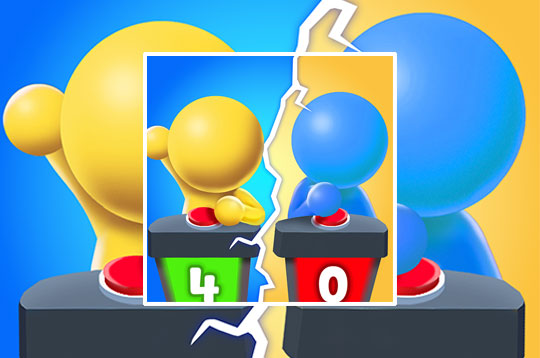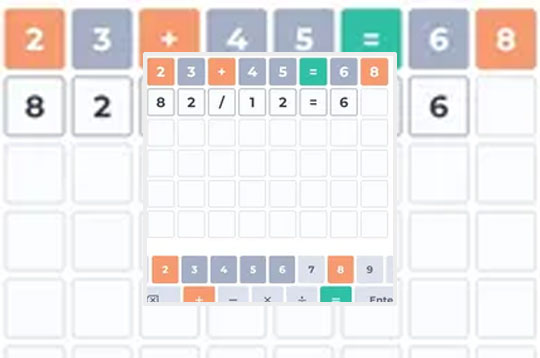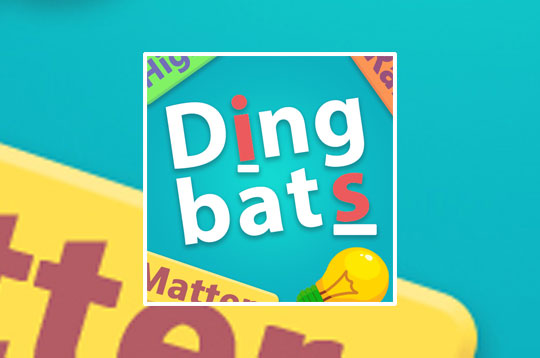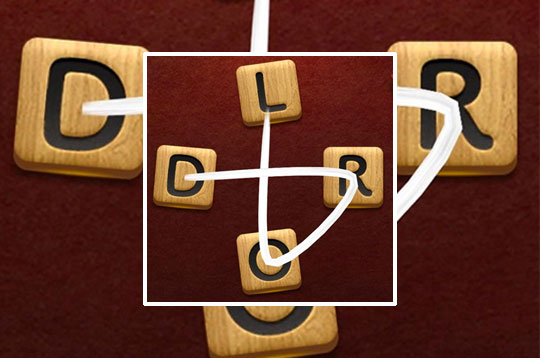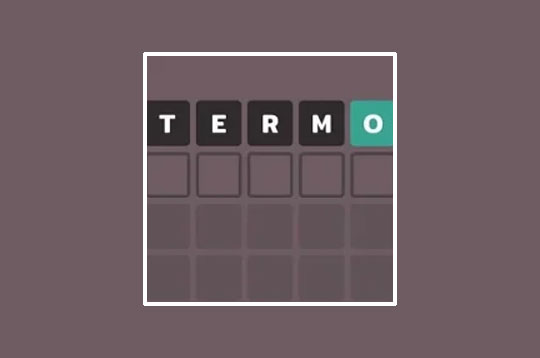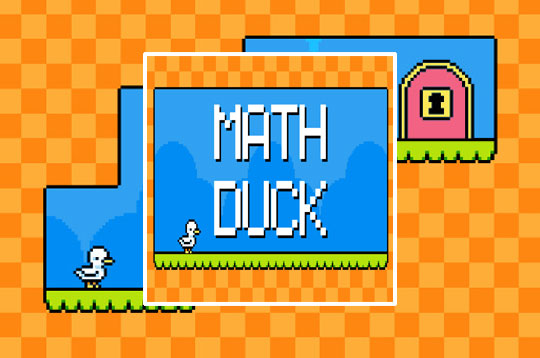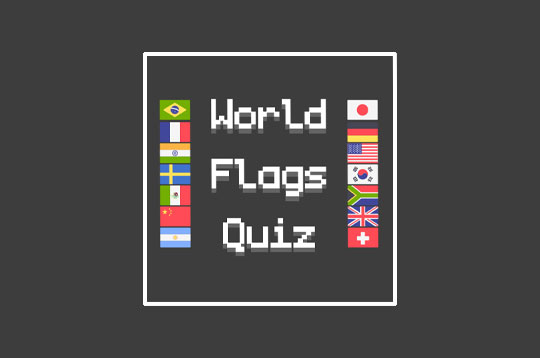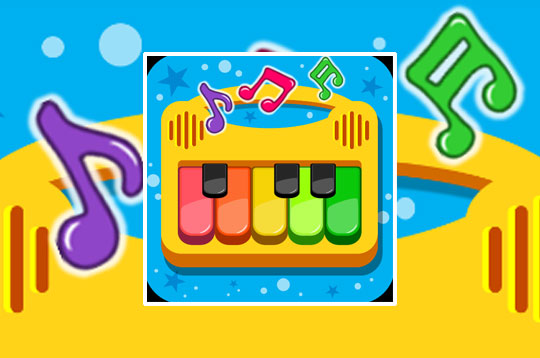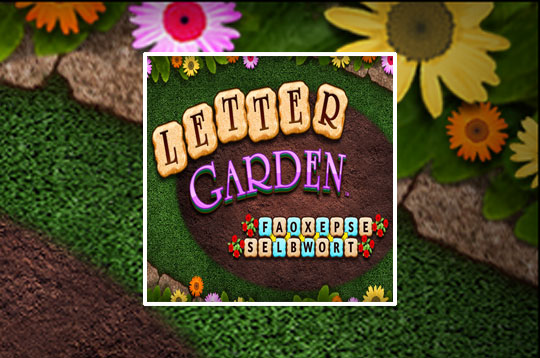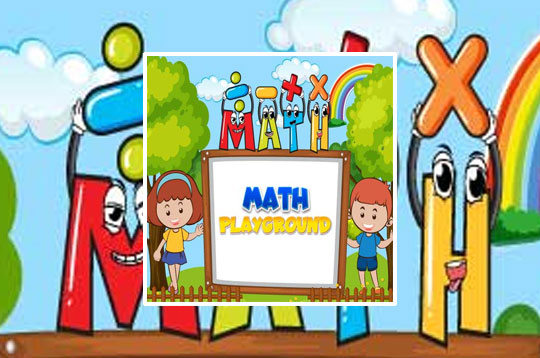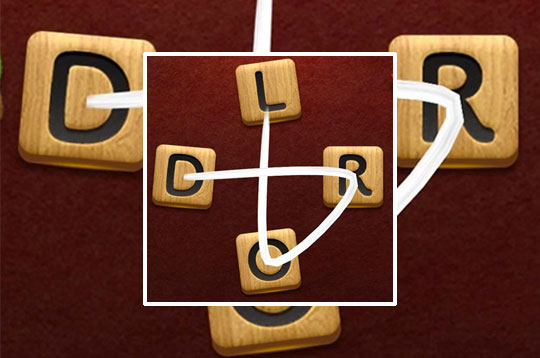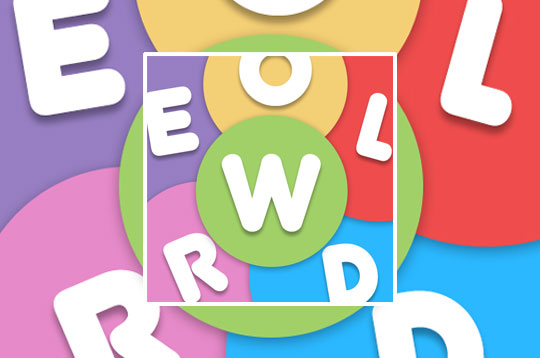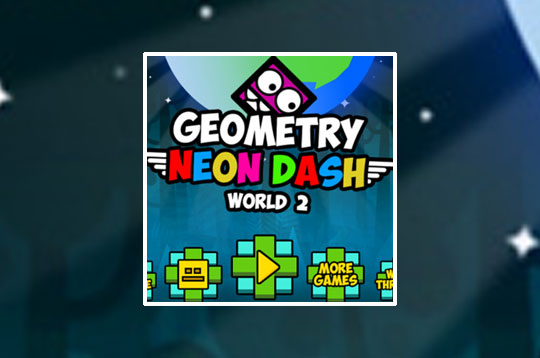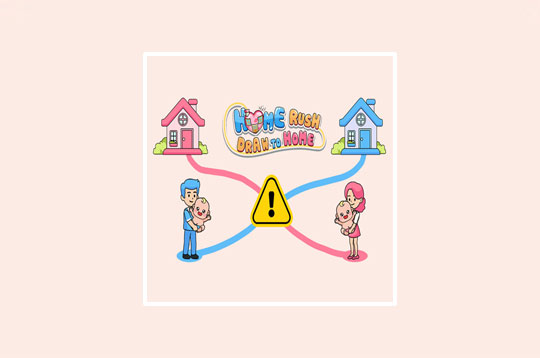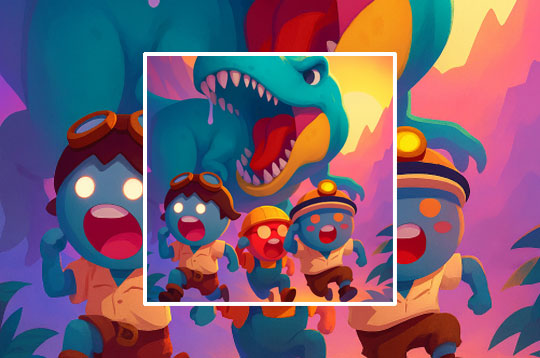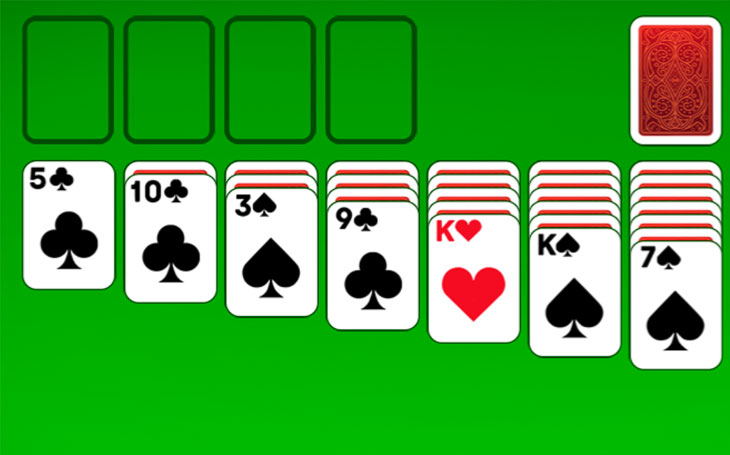EDUCATIONAL GAMES
Related Categories
- Coloring Games
- Children Games
- Peppa Pig Games
- Game of Paint
- Coloring Games Horses
- Games of Painting Cars Lamborghini
- Painting Cars Games
- Kids Educational Games
- Number Games
- Games of Calculate
- Children's Memory Game
- Mandalas Painting Games
- Barbie Painting Games
- Paint Spinner Games
- Peppa Pig Painting Game
- Painting Games for Kids
- Peppa Pig Coloring Book
- Animal Painting Games
- Literacy Games
- Kids Concentration Games
- Crossword Puzzle Games
- Logic Kids Games
- Word Games
- Bunny Painting Game
- Easter Bunny Painting Games
- Coloring Games Minions
- Minions Coloring Book
- Princess Painting Games
- Disney Princess Painting Games
- Princess Coloring Games
- Paint princess Cinderella
- Puzzle Riding Games
- Frozen Painting Games
- Free Draw Games
- Flower Painting Games
- Unicorn Coloring Games
- Kawaii Unicorn Coloring Games
- Coloring Cat Games
- Paint Kittens Games
- Mathematics Games
About Educational Games
Have you heard of the term "educational games"? Although it is an increasingly used terminology in everyday life, or even in schools, there are still many people with doubts about this type of video game.
So-called Educational Games or Educational Games are games (electronic or physical) that are created specifically to explain and teach a specific subject, showing new concepts or terms, or to facilitate understanding. There are mathematical, scientific games or even games that tell about a specific cultural or historical fact.
No matter the age, they are always great choices not only educational but moral as well. Since it is possible to pass on through them ethical teachings extremely important for the formation of citizen awareness in the child. A good example is elaborate Dengue Fighting Games, which are very popular in kindergartens during times of epidemic.
But does this kind of game scientifically have any effect? Let's deal with it now!
Do educational games work? Scientific explanations.
In the area of neuroscience, researchers D. R. Godden and A. D. Baddeley further discovered in 1975 that the learning that comes from some training needs to be specific to the skill that one wants to train. For example, if you want to train your reflexes in online games, then you should choose fast games like FPS.
But these scientists have found that in education, learning needs to be beyond this "specific training." This is because we learn more easily when work content is inserted into a context that we understand or are part of. For example: If we use mathematical reasoning to solve problems outside the classroom, then we will keep adding or splitting accounts more easily. Unlike, for example, the Bhaskara formula learned in high school.
Thus, there are several studies that show that gambling has the benefit of learning, as it encourages “learning to learn”. That is, they stimulate the brain to capture new knowledge easily.
According to studies by C. S. Green and D. Bavelierm in 2006 and T. Strobach in 2012, video game players are better able to do multiple actions at the same time, swap tasks without compromising performance and ease of adaptation.
Which goes completely in the opposite direction to what other technologies cause in the minds of young people: The inability to switch tasks without major damage and the ability to perform multitasking.
That is, educational games are an extremely productive way of providing learning for any age. Be it school or not. That's why we've sorted out an incredible selection of educational games to play in your browser. Check out!
